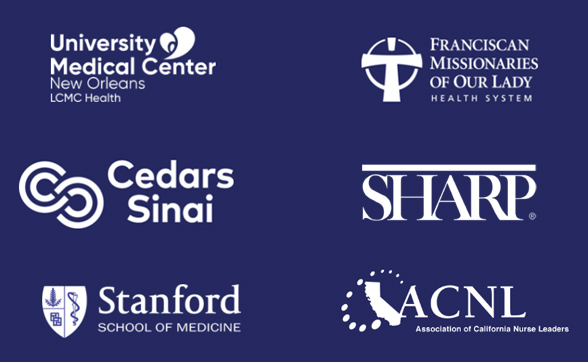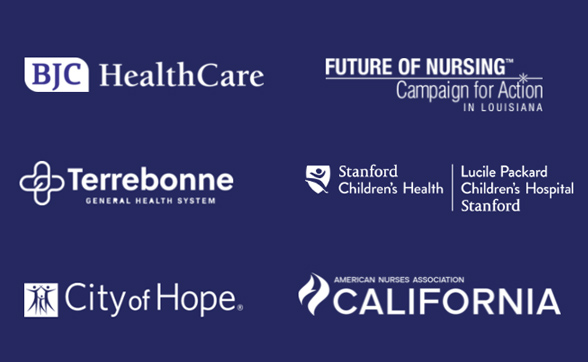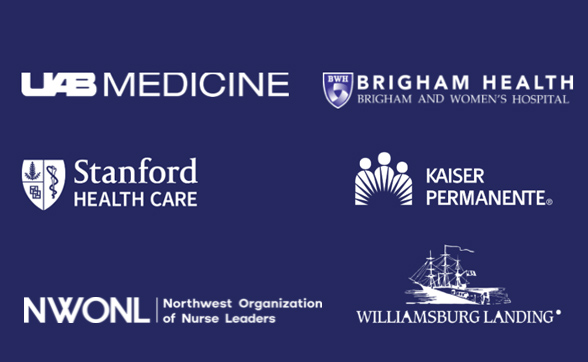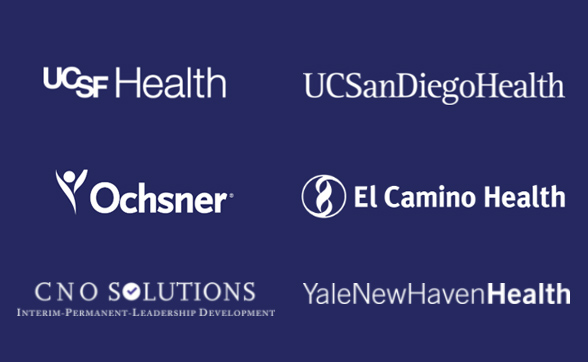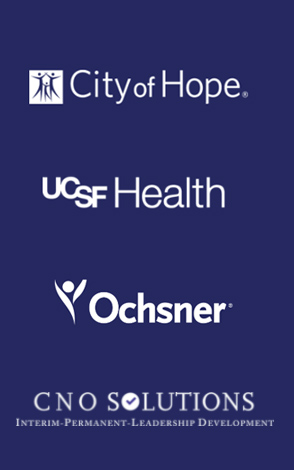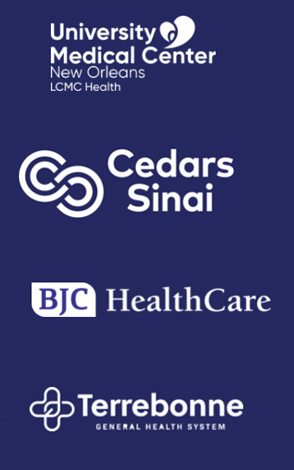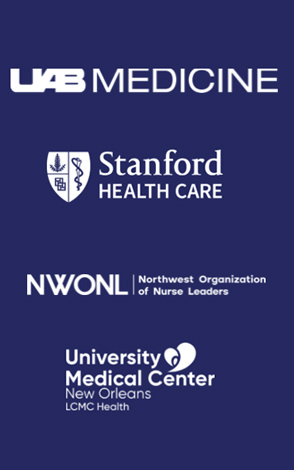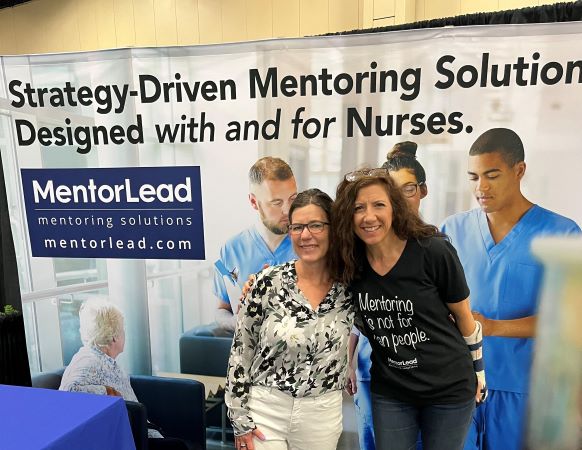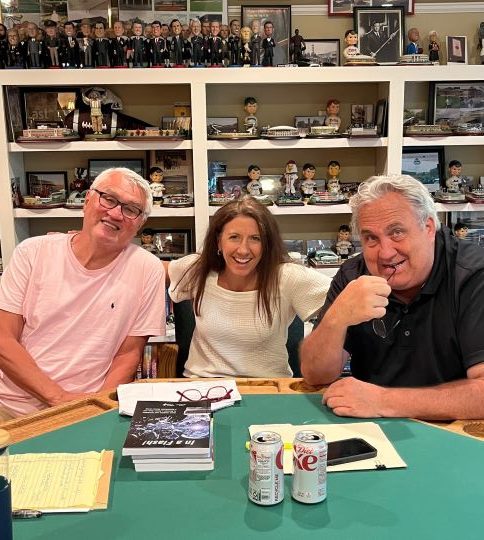
[Flash] My High School Mentor Mentored Me Again!
|
In high school, I responded to the question “What do you want to be when you grow up?” with various answers: librarian, astronomer, biologist.
But after taking Mr. Rogina’s captivating Business Law class during my junior year, I knew I would be an attorney. Noticing my enthusiasm, Mr. Rogina encouraged me in class, invited me to join the moot court team, and cheered me on when I shared my plans to go to law school and move to Silicon Valley to practice business law. Mr. Rogina has since retired from teaching, served two terms as the mayor of our town, and most recently launched a podcast with another former student, Pat Crimmins. Named “Justa Coupla Guys,” the podcast provides the forum to do what they love – banter with interesting people in the community. When life brought me back to live in my hometown last year, Mr. Rogina and I reconnected. And then he invited me to be a guest on their podcast. At first I hesitated, thinking, Me? Why? What do I have to share? How could I contribute to this collection of local celebrity interviews? My initial reaction reminded me of the numerous people who have resisted over the years, “Me? Be a mentor? Already? What do I have to offer someone?” I’m always stunned by this response. Most people don’t see what the rest of us see – their greatness, their potential to contribute! When these tentative individuals ignore their inner critics and join the mentoring program, they invariably love the experience, make a difference, and strengthen their confidence. And then I remembered… mentors always see mentees differently than mentees see themselves. Mentors have a different vantage point, aren’t burdened with the mentee’s self-doubt and uncertainty, and can see their blind spots. And that’s what was happening to me. So, I said “Yes” to Mr. Rogina’s invitation despite my inclination to remain always-a-listener-never-a-guest. We recorded the episode yesterday, and it was a delightful, rejuvenating experience! Reflecting on my adventures and triumphs during our podcast bantering reignited my appetite to create more adventure in my life. And so, 35 years after mentoring me the first time, Mr. Rogina mentored me again! © 2022. Ann Tardy and MentorLead. www.mentorlead.com. All Rights Reserved. |











